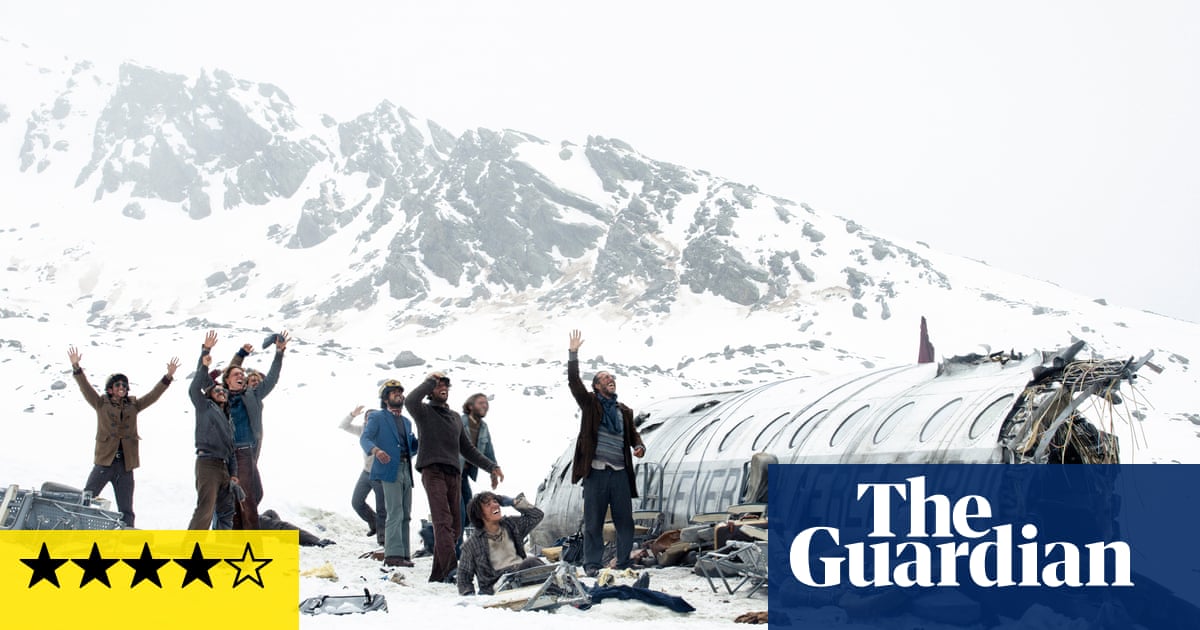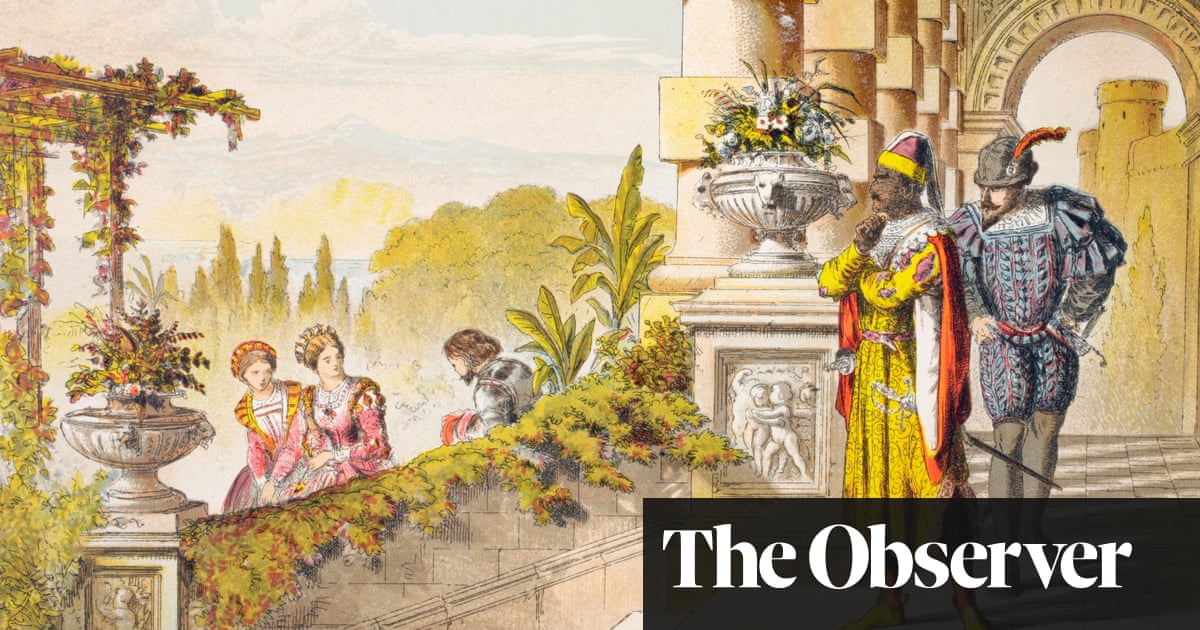
In 2013, Syrian beekeeper Ryad Alsous drank his last cup of mint tea on the balcony of his flat in Damascus. He was about to leave the city where he had spent his whole life and move to Britain. Eight years later, he is again drinking mint tea made in the same flask but this time in Huddersfield. The flask is the only item he still has from his home in Syria. He is talking about the moment he left. “It was very difficult. And also full of hope,” he says.
His block of flats had been bombed twice, and explosions in the eastern part of the city were happening daily. On the day he left, a loud bang nearby caused the doves perched on his balcony to briefly flutter into the air. He had been feeding the birds for years and realised they would have no one to look after them once he left.
“I opened my window by about 25cm, enough to allow the birds to get inside. I opened all the cupboards in my kitchen so the birds could eat everything we had. I felt that at that moment, I was swapping places with the birds. They gave me acceptance to enter the UK, a safe country, and I gave them my safe home to stay in, to eat, to drink, to nest, and produce offspring.”
He had forgotten this until five years later when he asked his neighbour to send him a picture of the flat. It was covered in nests – in the kitchen, bedrooms, cupboards, in an old shoe. His beautiful city had been destroyed, but his flat was filled with life.
At least 350,000 people have died in 10 years of fighting in Syria, and this number is likely to be higher according to the UN, with 13.5 million people (half the population) forcibly displaced.
A few years after arriving in the UK with his wife and five children, Alsous set up the Buzz Project, a charity that helps refugees take up beekeeping. The story of how he did it is one of the inspirations for the character of Mustafa in the bestselling book The Beekeeper of Aleppo. Like Alsous, Mustafa arrives in Yorkshire, where he starts an apiary with rare British black bees and teaches refugees the art of producing honey.
The Buzz Project is a biodiversity initiative, Alsous says. His aim is to help people like him, who have been exiled from their country, to feel at home in an unfamiliar land. “It is through [understanding] biodiversity that we can make that connection between humans and bees, between humans and their environment, to make successful people,” he says. He has helped more than 30 refugees from countries including Syria, Sudan, Kurdistan and Turkey.
Over the past 60 years, armed conflicts have taken place in two-thirds of the planet’s biodiversity hotspots. In the 1990s, Saddam Hussein’s troops drained the Mesopotamian marshes in Iraq, the largest wetland ecosystem in the Middle East, reducing them to 10% of their original size. Decades of war have destroyed more than half of Afghanistan’s forests.
Meanwhile, the climate crisis is displacing more people. Last year, an estimated 30 million people were internally displaced by floods, storms and wildfires – three times greater than displacements caused by violent conflicts. Many of the places Alsous loved in Syria no longer exist, and this sadness is likely to be shared by a growing number of people in the future.
In Alsous’s pebble-dash house, bees are everywhere – embroidered on pillows, depicted in paintings – and there are dozens of pots of honey. I notice a collection of paper bees on thank-you letters from a class of schoolchildren Alsous spoke to. One reads: “I hope you enjoy England.”
His bees are showing him the charms of a new landscape. He talks lovingly of the British countryside. He marvels at the hawthorn and lime trees – which are favourites with the bees – lining the M6 when he drives from Huddersfield to London to see his daughter. It is the first time I’ve heard anyone compliment the M6.
He got his first hive in the UK in 2015, thanks to Debbie, a woman from Manchester who he found on Facebook. Now he manages 100 of them. He asks me to put in a callout for Debbie (whose phone number has changed) because he wants to hug her and thank her for what she did.
To Alsous, the UK is a land of plenty. “Come on, I want to show you part of my happiness,” he says. Around the corner are several hives in his kitchen, which explains the lingering sweet smell in the house. There is honey everywhere (thankfully no bees) and an extractor and bucket for processing it. “I am happy because everything in my home relates to bees. I could be a bee in a hive,” he says.
Alsous is forever trying to escape the lingering sadness of leaving his country, something he never imagined would happen. “I built and shared Damascus. I remember every corner of that city,” he says. A few months ago, Alsous’s younger sister died of Covid in Syria while he was speaking to her on the phone. She could not get to a hospital for treatment because there was no fuel. He hadn’t seen her since he left. His remaining two sisters and two brothers are in Syria – none of them were able to leave. His dream is to go back and see them one day.
He fell in love with bees when he was 21, while he was studying them at agricultural college. His father was a journalist and his mother a seamstress. Alsous saved up and bought two hives with a friend, which grew rapidly into colonies. He made good money selling honey to friends and family. He did a PhD in the composition, texture and flavour of honey, and he tastes honey like a sommelier tastes wine. In Syria, the bees collected nectar from cotton flowers, sunflowers, eucalyptus, heather and citrus plants – Alsous knew exactly what flowers the bees had visited when he tasted the honey.
Alsous, who helped establish a beekeeping association in Syria, says the number of beekeepers in the country quadrupled to 25,000 between 1989 and 2011, although there is no official data to back this up. He estimates that more than three-quarters of the bee colonies in Syria were destroyed in the war. He was a prominent professor at Damascus University and had 500 hives, all of which were destroyed – either set on fire or the bees starved because crops were no longer planted.
He shows me photos of him getting his British passport in October 2019 and tells me how much he loves this country. One of his daughters, who lives in London, got married recently. We watch a video of Alsous walking her down the aisle. He has two other daughters, living in the UK and the US, and two sons, one in the UK and one in Australia, as well as seven grandchildren. His Syrian-born family is putting down roots in different cultures and countries.
For him, bees are an ideal society – they work well together, are cooperative and care for one another. They don’t fail in ways humans do. “Bees mean peace and life. They do their job and they produce honey,” he says.
This article was amended on 14 December 2021. Huddersfield is not on the M6 as an earlier version suggested.












